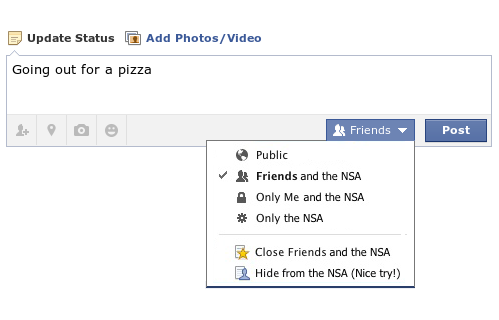First, here’s the official Hong Kong government’s statement:
Mr Edward Snowden left Hong Kong today (June 23) on his own accord for a third country through a lawful and normal channel.
The US Government earlier on made a request to the HKSAR Government for the issue of a provisional warrant of arrest against Mr Snowden. Since the documents provided by the US Government did not fully comply with the legal requirements under Hong Kong law, the HKSAR Government has requested the US Government to provide additional information so that the Department of Justice could consider whether the US Government’s request can meet the relevant legal conditions. As the HKSAR Government has yet to have sufficient information to process the request for provisional warrant of arrest, there is no legal basis to restrict Mr Snowden from leaving Hong Kong.
The HKSAR Government has already informed the US Government of Mr Snowden’s departure.
Meanwhile, the HKSAR Government has formally written to the US Government requesting clarification on earlier reports about the hacking of computer systems in Hong Kong by US government agencies. The HKSAR Government will continue to follow up on the matter so as to protect the legal rights of the people of Hong Kong.
And here’s a statement from Wikileaks:
Mr Edward Snowden, the American whistleblower who exposed evidence of a global surveillance regime conducted by US and UK intelligence agencies, has left Hong Kong legally. He is bound for a democratic nation via a safe route for the purposes of asylum, and is being escorted by diplomats and legal advisors from WikiLeaks.
Mr Snowden requested that WikiLeaks use its legal expertise and experience to secure his safety. Once Mr Snowden arrives at his final destination his request will be formally processed.
Former Spanish Judge Mr Baltasar Garzon, legal director of Wikileaks and lawyer for Julian Assange has made the following statement:
“The WikiLeaks legal team and I are interested in preserving Mr Snowden’s rights and protecting him as a person. What is being done to Mr Snowden and to Mr Julian Assange — for making or facilitating disclosures in the public interest — is an assault against the people”.
To the vast amusement of many commentators, the reported route out of Hong Kong leads to Russia, with other stopping points including Cuba and Venezuela. It’s like a free press/civil liberties tour of the planet!




